6 poisonous plants to look out for (and their literary appearances)
Toxic tinctures.
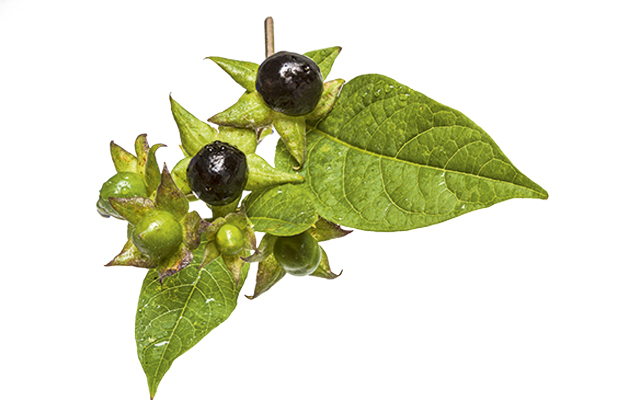

Gardens lurk everywhere in Agatha Christie's mysteries. From their watchful position outside her fictitious country manors, garden teas or summer fêtes, they have certainly seen their fair share of murder. Here are 6 poisonous plants to look out for (and their literary appearances).
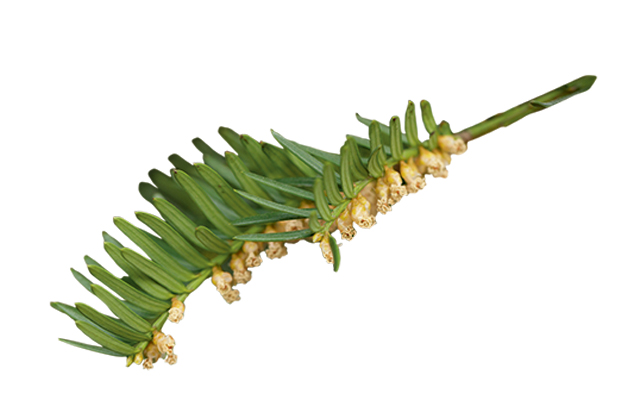
Yew
That yew was added to the witches’ cauldron in Shakespeare’s Macbeth (a favourite play of Christie’s) may well have inspired its use in A Pocket Full of Rye although, in the book, an unsuspecting jar of marmalade hides the noxious brew. In fact, it’s the bitterness of marmalade that ends up concealing the bitter taste of taxine, the poisonous alkaloid found in the leaves and seeds of the yew tree, but, of course, the perceptive reader would have suspected yew poisoning all along. After all, the mystery takes place at the often mentioned Yewtree Lodge.
Foxg
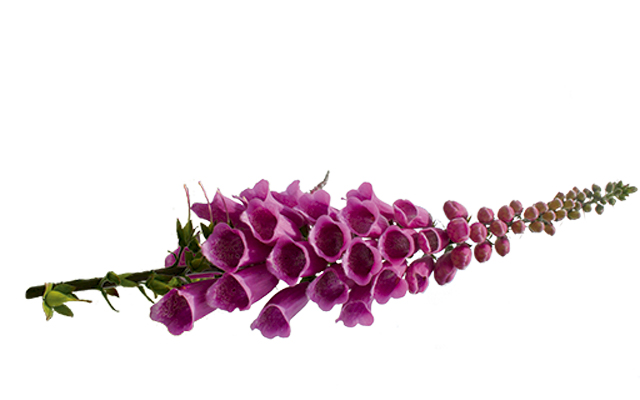
love
Death by digitalin (the poison found in common foxglove) is one of the most repeatedly used methods in Christie’s fiction. Lethal at very low doses, ‘the active principle in digitalis may destroy life and leave no appreciable sign,’ says Dr Gerard in Appointment with Death. Moreover, for the untrained (or sinister) cook, foxglove leaves could be sneakily confused for other edible greens in the garden, a point superbly played on in The Herb of Death and Postern of Fate.
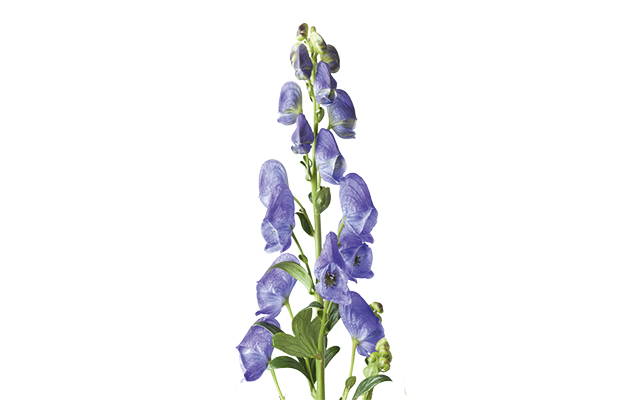
Monkshood
Sign up for the Country Life Newsletter
Exquisite houses, the beauty of Nature, and how to get the most from your life, straight to your inbox.
As aconite, the toxic extract from the roots of the monkshood plant, was considered the ‘queen of poison’ in ancient Greece, it only seems fitting that Christie wrote an aconite-laced mystery for her own village queen: Miss Marple. Indeed, aconite features in two Miss Marple mysteries. Finding its sinister way into a box of chocolates in They Do it With Mirrors, aconite is also put into sedative tablets in 4.50 from Paddington.
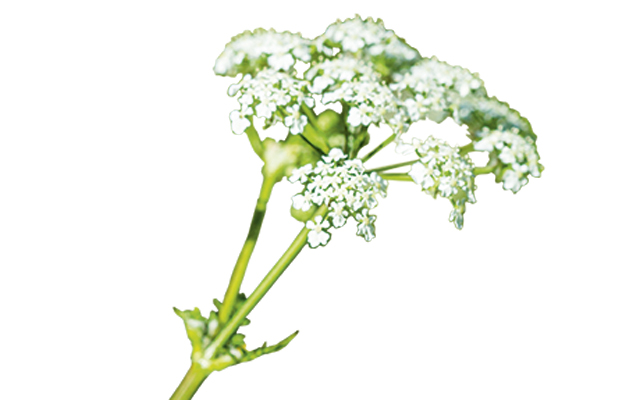
Spotted hemlock
Although usually favouring more exotic poisons, Christie wasn’t long in using history’s most infamously toxic plant: spotted hemlock. In Five Little Pigs, Poirot investigates a Socrates-esque murder, but, this time, the fatal ‘Grecian cup’ is swapped for a glass of English beer. Spiked with a lethal dose of coniine, the active alkaloid obtained from the leafy tops of spotted hemlock, the tainted beer ‘tastes foul’ to the victim who, consequently, is dead within 40 minutes.
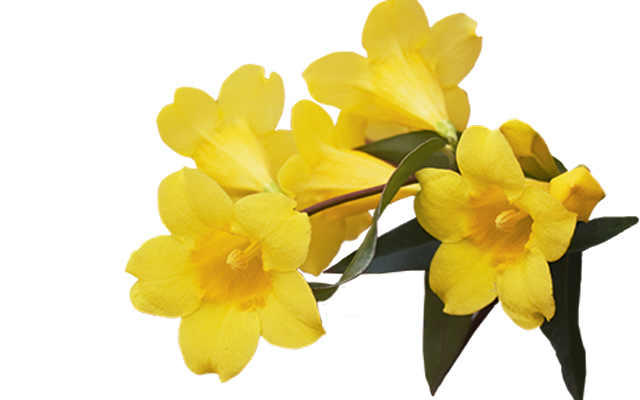
Yellow jasmine
In The Big Four, the words ‘Yellow Jasmine’ appear scrawled across a newspaper found near a corpse. Almost as good as a smoking gun, the clue naturally leads Poirot to suspect gelsemine, the alkaloid found in Gelsemium species. An extremely rare poison causing ‘giddiness and loss of muscular power’, Christie explains, with death ‘due to paralysis of the respiratory centre’.

Belladonna
Christie suspensefully dabbles with Atropa belladonna, the traditional plant of witchcraft, in A Caribbean Mystery. And, for a while, witchcraft certainly seems to be at the heart of Molly Kendal’s inexplicable ‘blackouts’ and ‘nervous terrors’. That is, until it’s discovered that her face cream has been doctored with belladonna, a potent plant that has a historic reputation for inducing hallucinations, even when rubbed onto the skin.
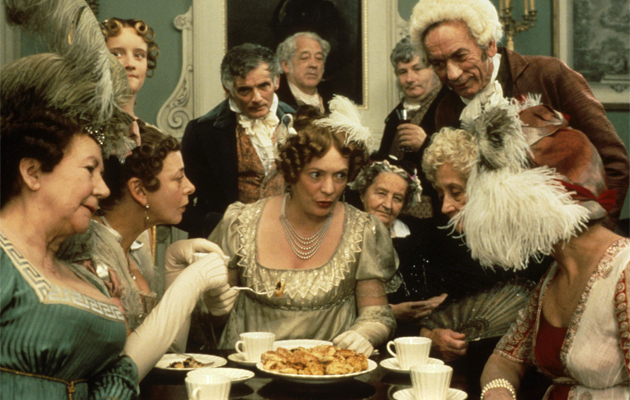
6 of the best mothers in literature
Mum’s the word: Here’s our pick of six of the best—and worst—mothers in literature.
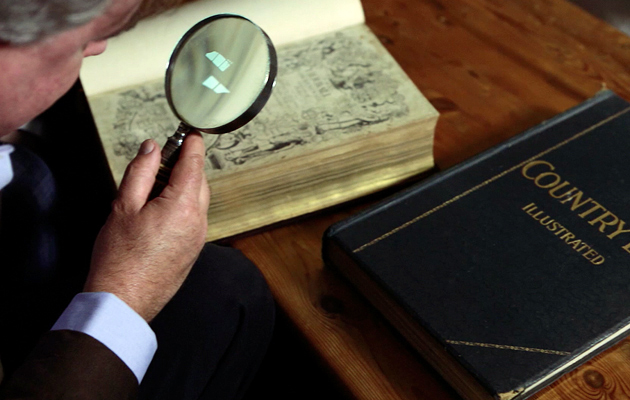
How Country life revealed the true face of Shakespeare [VIDEO]
Country Life magazine reveals an astonishing new image of William Shakespeare, the first and only known demonstrably authentic portrait of
Country Life is unlike any other magazine: the only glossy weekly on the newsstand and the only magazine that has been guest-edited by HRH The King not once, but twice. It is a celebration of modern rural life and all its diverse joys and pleasures — that was first published in Queen Victoria's Diamond Jubilee year. Our eclectic mixture of witty and informative content — from the most up-to-date property news and commentary and a coveted glimpse inside some of the UK's best houses and gardens, to gardening, the arts and interior design, written by experts in their field — still cannot be found in print or online, anywhere else.
-
 ‘It had the air of an ex-rental, and that’s putting it politely’: How an antique dealer transformed a run-down Georgian house in Chatham Dockyards
‘It had the air of an ex-rental, and that’s putting it politely’: How an antique dealer transformed a run-down Georgian house in Chatham DockyardsAn antique dealer with an eye for colour has rescued an 18th-century house from years of neglect with the help of the team at Mylands.
By Arabella Youens
-
 A home cinema, tasteful interiors and 65 acres of private parkland hidden in an unassuming lodge in Kent
A home cinema, tasteful interiors and 65 acres of private parkland hidden in an unassuming lodge in KentNorth Lodge near Tonbridge may seem relatively simple, but there is a lot more than what meets the eye.
By James Fisher